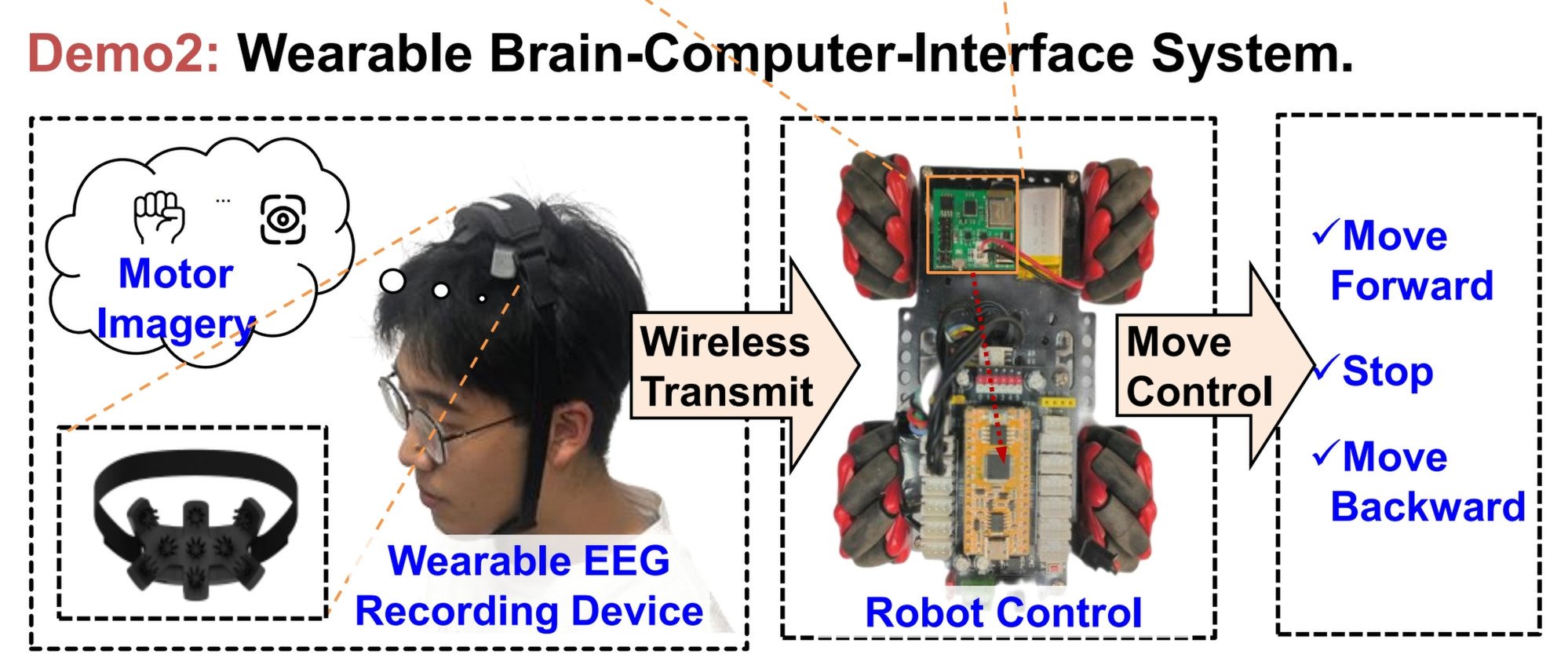The team showcased two groundbreaking chips at the prestigious IEEE International Solid-State Circuits Conference (ISSCC) 2024, known as the Olympics of the integrated circuit (IC) industry.
At the ISSCC, a renowned annual global gathering for solid-state circuits, top researchers, engineers, and industry professionals convene to explore cutting-edge advancements and the future trajectory of chip technology. This year’s conference took place in San Francisco from February 18 to 22.
The initial Artificial chip unveiled is tailored for integration into smart devices to facilitate internet voice command capabilities. This innovative device excels in recognizing voice signals from a specific speaker amidst ambient noise like television, music, or conversations—a common challenge for traditional voice recognition chips.
Conventional chips often grapple with heightened energy consumption during wake-up phases and are susceptible to false activations, resulting in suboptimal energy efficiency. However, Zhou’s team introduced pioneering structures to address these drawbacks, incorporating active computation engines, dynamic noise suppression circuits, and advanced keyword and speaker recognition modules.
According to a report on the UESTC website, this chip boasts remarkable energy efficiency, consuming less than two microjoules per instance, with accuracy rates exceeding 95% in quiet environments and 90% in noisy settings. These performance metrics set new global standards for both energy efficiency and precision.
In a live demonstration, this compact 1 sq cm chip was seamlessly integrated into a 3cm x 3cm microcontroller unit within a toy car, enabling precise control over its movements. Furthermore, the chip’s versatility extends to applications in low-power voice control scenarios like smart homes, wearables, and interactive toys.
The second chip unveiled by the team at the conference focuses on detecting seizures in individuals with epilepsy. Engineered for integration into wearable devices, this chip leverages electroencephalogram (EEG) recognition to identify epileptic seizure signals promptly, enabling timely medical intervention.
To streamline the process and mitigate the reliance on extensive patient seizure data for training, the researchers devised a zero-shot retraining algorithm. This innovative approach allows a pre-trained AI model to make accurate predictions on unseen data, achieving an impressive accuracy rate exceeding 98%.
Prior to usage, patients only need to undergo a brief two-minute calibration while in their natural state, enabling the device to discern individual signal patterns effectively.
Moreover, with enhancements in the feature extraction and on-chip learning engines, this chip boasts exceptional energy efficiency, with an average recognition energy consumption of approximately 0.07 microjoules—a benchmark in global energy-efficient chip design.
The team’s remarkable accomplishments in the realm of intelligent processing chips, underscored by partnerships with industry leaders like SenseTime, Huawei Technologies, and BOE, position them as key contributors to national research and development initiatives.










